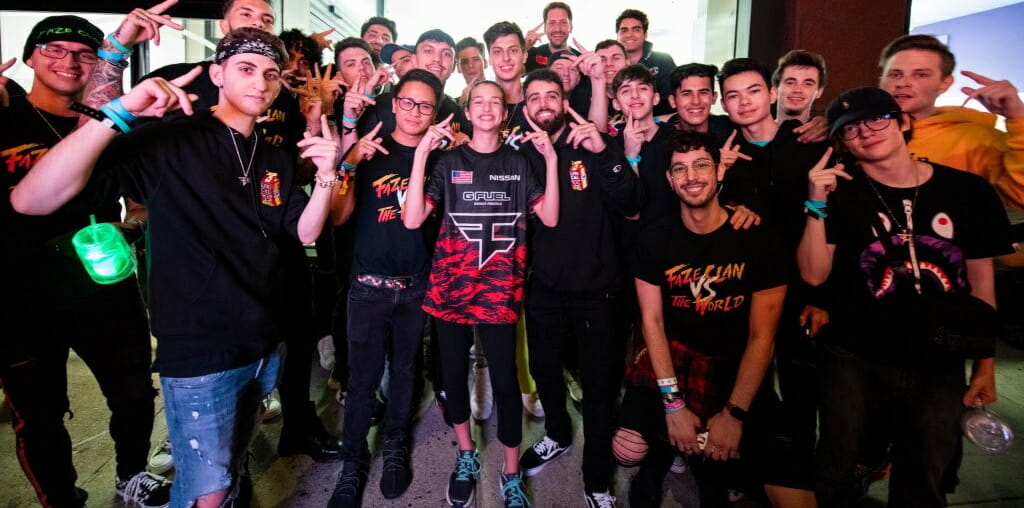Anyone who has been following esports over the last several years will know how badly the industry lags behind in diversity. But this month the scene saw a major breakthrough when Ewok, a 15-year-old competitive Fortnite player, came out as a transgender man. Ewok and his organization, FaZe Clan, state that he is the first out trans man to be signed with a tier 1 esports group.
This is a huge step for diversity in the industry, but it also highlights the challenges that remain. Ewok undoubtedly deserves recognition for the many barriers he is breaking down, showcasing his mastery of high-level Fortnite play while being perhaps the only young, deaf, and out transgender player in the scene. But the terms “first” and “only” also come with a regrettable flip-side—why aren’t there more professional players like Ewok?
It’s 2020, after all. Many people like to believe that prejudice and discrimination are things of the distant past—that we live in a meritocracy—but the statistics can’t simply be explained away. The question remains: why is esports still so overwhelmingly homogenous after all these years?
When Ewok posted his story to Twitter on National Coming Out Day (Oct. 11th), he received a large amount of support—especially from people inside the industry—but he also faced a lot of hateful and prejudiced comments online as well. And while it can be easy to dismiss these comments as coming from trolls and bullies, this phenomenon is a persistent reality of esports culture that can’t simply be dismissed. Esports is a difficult enough career path on its own–only the highest tier of skilled players can actually afford to make a living off of it. But to face down constant harassment and bias on top of that can be—and often is—enough to turn away players from most marginalized communities.
Pioneers like Ewok—as well as SonicFox, Scarlett, and others—play a crucial role in changing the culture of esports for the better. But they shouldn’t have to bear the brunt of all the nastiness that comes along with being the first or most visible members of their communities. The industry can and should do more to offset the burdens that marginalized players face, all the way from recruitment and training through competition. But perhaps the first step in that process is to treat “first” and “only” less as badges of honor and more as humbling signs of just how far we have yet to go.













